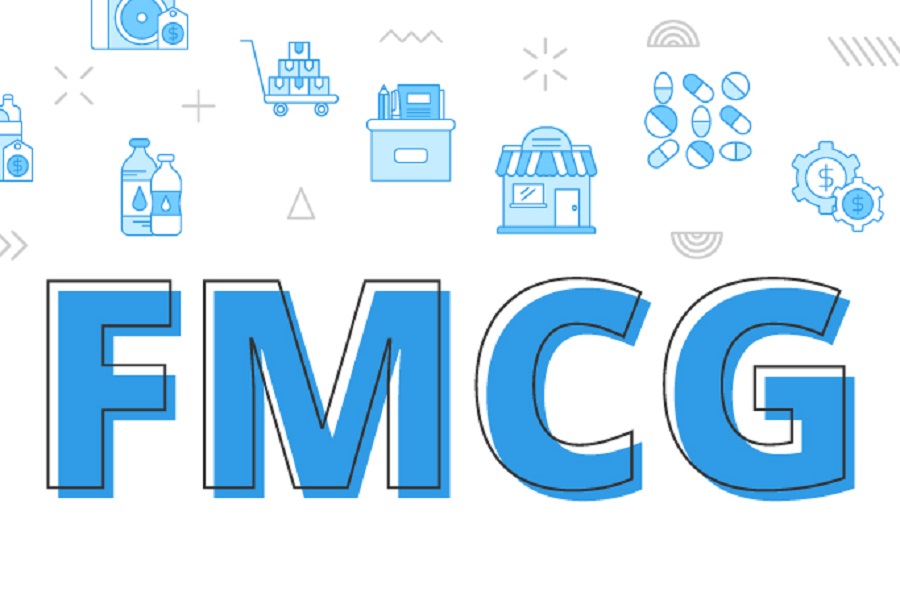
With the demand for personalized, sustainable, and innovative products ever-increasing, companies must be agile and responsive to changes. FMCG software solutions play a pivotal role in this process by providing the tools needed for businesses to anticipate market shifts, streamline operations, and deliver products that meet consumer needs.
FMCG software solutions enable businesses to gather and analyze vast amounts of data, providing insights into consumer behavior, purchasing patterns, and emerging trends. This data-driven approach helps businesses adjust their product lines, marketing strategies, and distribution methods quickly. For instance, by monitoring social media, reviews, and sales data, companies can identify which products are gaining traction and which are losing favor. This enables faster decision-making and reduces the time it takes to pivot and meet new demands.
Another important aspect of adapting to market trends is the ability to scale quickly. The FMCG sector often deals with seasonal fluctuations and shifting demand. Software solutions can help businesses forecast these changes accurately, ensuring that production and supply chain processes are aligned with market expectations. By providing real-time insights into inventory levels and sales trends, these systems help reduce the risks of overproduction or stockouts, ensuring that businesses can meet consumer demand without unnecessary waste.
Additionally, sustainability has become a key driver of market trends in the FMCG industry. Consumers are increasingly prioritizing eco-friendly and socially responsible products, making it essential for companies to adapt their operations to meet these demands. FMCG software solutions help streamline the process of sourcing sustainable materials, managing production to minimize environmental impact, and ensuring compliance with regulations. By tracking sustainability metrics and integrating them into decision-making, these tools assist companies in meeting consumer expectations while maintaining profitability.
FMCG businesses also need to be responsive to shifting marketing trends. With digital transformation reshaping the way consumers shop and interact with brands, companies must be able to quickly adapt their marketing efforts to stay relevant. FMCG software solutions integrate with digital marketing platforms, enabling businesses to monitor the effectiveness of campaigns in real time. This allows for quick adjustments based on consumer engagement and behavior, ensuring that marketing strategies remain effective as trends evolve.
Collaboration and communication across departments also play a vital role in adapting to market trends. FMCG companies often have teams working in diverse functions, such as product development, marketing, and logistics. Software solutions facilitate collaboration by providing centralized platforms where teams can access real-time data and share insights. This ensures that decisions are made with a comprehensive understanding of market dynamics and company objectives, fostering agility and responsiveness.
In conclusion, FMCG software solutions are essential tools for businesses looking to adapt to market trends. By leveraging data insights, improving operational efficiency, supporting sustainability efforts, and enabling effective collaboration, these solutions allow FMCG companies to stay ahead of consumer demands. In an industry defined by rapid change, the ability to pivot quickly and strategically is key to long-term success.




